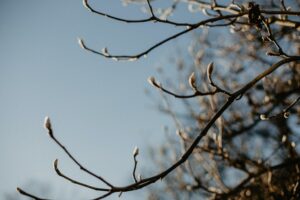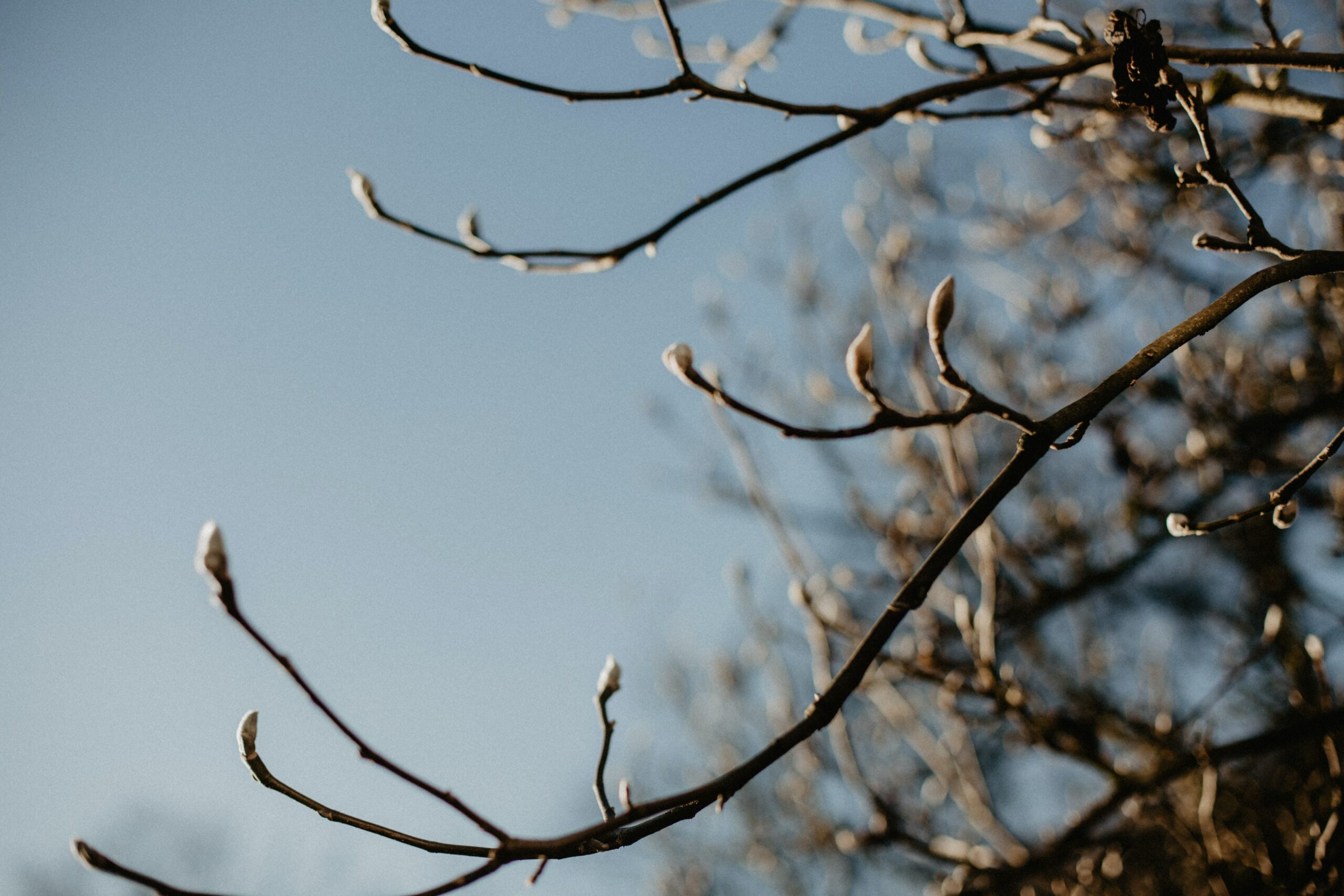Dry, Warm Spring Turns Cool
We have all seen the dry sunny and warm spring weather (common in recent years at times), now turn cloudier & cooler, as arctic air pushes down from the north, with an Icelandic high that would have brought extraordinary cold & wintry weather, back in Jan’ or Feb’. Grey, cool with afternoon sunny intervals is typical of how this patter plays out in spring for most, so what next?
–
Models show how a low pressure forms over Scandinavia to deliver wintry weather to north Norway, & this will drag some really cold air into Scotland, with wintry showers. However, any Daily Express headlines of more widespread wintry weather – like the the 30cms of snow that covered Newmarket high street on the 28th of April 1888, are most exaggerated & untrue. It remains cool & mostly dry for most of the UK, except for Scotland & perhaps NE England, bar a passing shower. That is until the end of the 1st week in May, when the high collapses & the more normal west to east Atlantic weather rolls back in towards us, and as May beds in, we’ll see April showers (ironically) but not much real rainfall – certainly in the East.
–
The dryness then is a concern for us gardeners, and there was never a better time to consider the value of using sheet mulch on planting beds and hiding this with decorative bark mulch.
–
The reduction in evaporative loss of soil moisture is c90%, and whilst watering in plants is still needed, repeated watering is not so necessary. Biodegradeble sheet mulch like Hytex Ecotex is great – because it is made from corn starch, and degrades to water
in 5 years. Bark needs to be a graded product like Chunky Chip Longevity from Suffolk Mulches (Brandon), or maritime bark chunks 45mm, because these mulches have few fines and therefore stay dry and will last 5 years or more.
–
Retaining soil moisture makes the biggest difference in terms of witnessed plant failure in new planting schemes, the benefit of sheet mulch being, the preventing of daily watering and the prevention of weeds, (the seed of which is dormant in all soil and the
trigger for dormant seed to germinate is cultivation (disturbance). So if you don’t want to have to weed new beds every week (or pay for this), use a sheet mulch. For these common dry periods in this globally warmed world, this approach is now a necessity,
yet at JBA, we see a lot of resistance from clients and from contractors to this specification. It works, costs little: so why waste money replacing failed plants or pay massive sums for watering & weeding? Often this is the difference between capital & revenue
budgets: The big picture is that a small increase in the capital (installation) cost, will save a fortune in the revenue cost of ongoing replacement & maintenance.
–
Anyway, I’ll leave you with the weather charts from day 7 to day 14 – so you can see the cool weather eventually succeeding to more normal spring fare into early May
–
.




